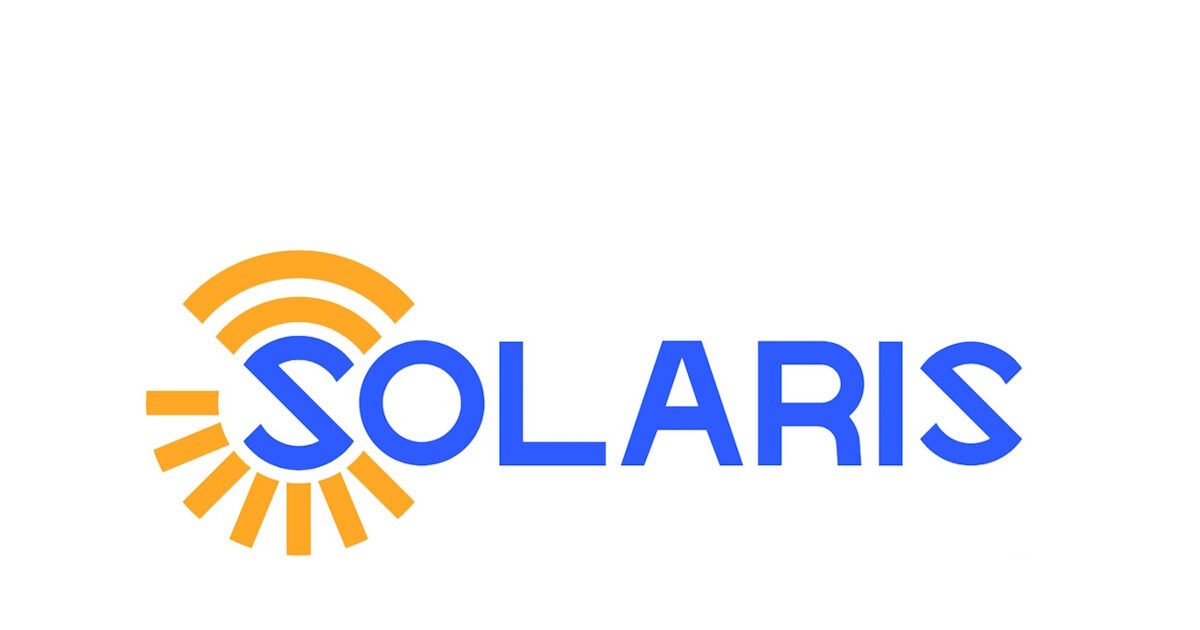The PPC Group participates in the European research project Solaris (Grant Agreement No. 101146377), which aims to develop more efficient, reliable and profitable operation strategies and maintenance of photovoltaic systems in Europe. The project is co -funded by the Horizon Europe program, has been four years old (2024–2028) and is coordinated by Danmarks Tekniske Universitet (Denmark).
Solaris develops a comprehensive set of natural and digital tools that will improve prediction, enhance performance and support photovoltaic maintenance. The aim is to increase the efficiency and availability of installations, while reducing the cost of energy produced by 10%.
PPC is actively involved in the project with the 2.6 MW photovoltaic park, located in Castle-Likovouni, as a field of testing for the practical application and validation of Solaris solutions in real operating conditions. In this context, data such as meteorological measurements, dust through sensors, energy production elements, photovoltaic frameworks, as well as information on cleaning and maintenance procedures, are collected.
At the same time, PPC has undertaken the design of project strategy, focusing on the development of business models and market analysis, to maximize the implementation and commercial utilization of the results of Solaris. The role of PPC requires close cooperation and exchange of know -how with all partners with the aim of creating value added to the project’s research results.
Participation in Solaris is part of the Group’s strategy for exploiting digital tools and promoting sustainable investment in renewable energy sources. PPC’s transformation into a Powertech group includes, among other things, the systematic integration of innovation, enhancing technological capacity and continuous improvement of energy efficiency. Solaris, as well as Twinvest, Raido, DCFlex and Xtrust-6G projects, are important steps in this direction, enhancing the role of PPC in the European energy transition.
